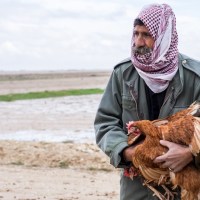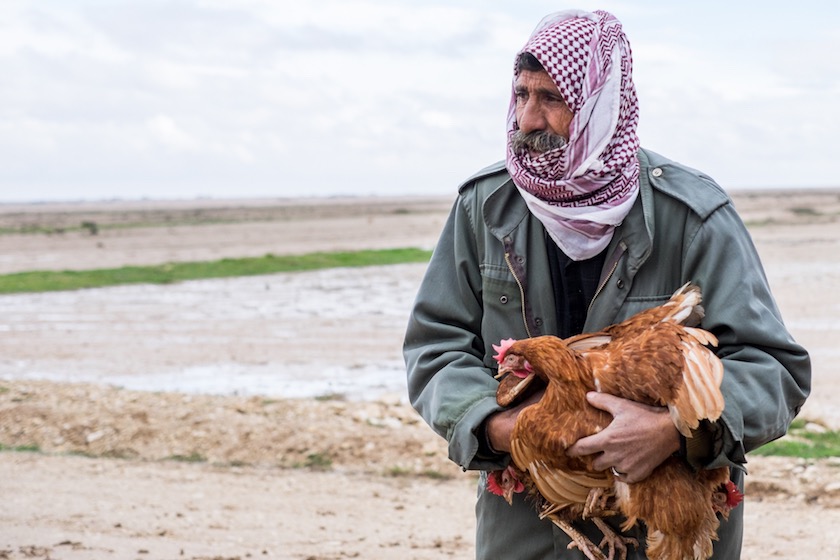Returning, resettling, and rebuilding your homeland after it’s been destroyed by ISIS is hard work, to say the least.
Getting crops in the ground with rocket fire and gun battles on the horizon isn’t easy.
Bringing your children home to hate-filled graffiti on your front door and possible traps hidden inside takes courage and determination.
This is the reality for thousands of families right now in northern Iraq. The region is called Sinjar, and up until ISIS attacked in August 2014, it was home to most of Iraq’s Yazidi minority. Now, as ISIS is pushed out of Sinjar, families are slowly leaving the refugee camps and coming home.
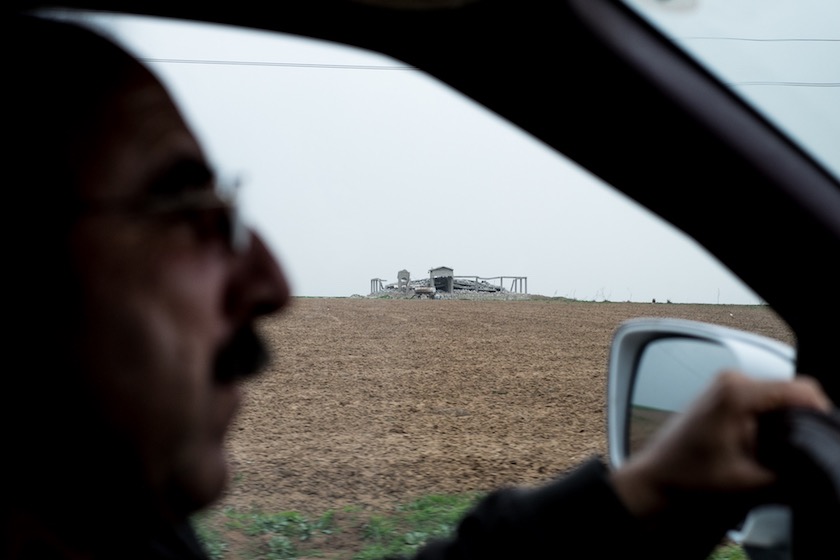
To do this, they’ll need help.
They aren’t crossing borders, begging, or sitting around with an open palm. These families are ready to rebuild what’s been broken, and anyone tenacious enough to move into a former war-zone deserves support. They’ve been asking for help, and you heard them.
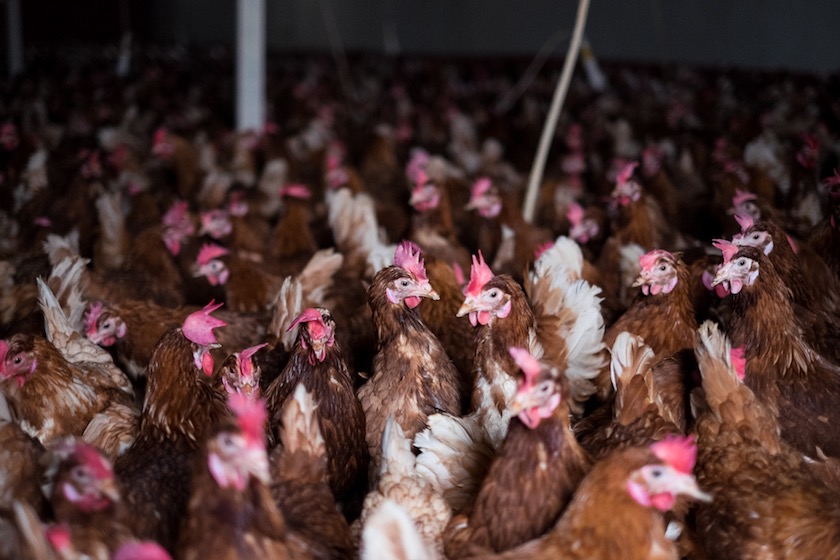
A truck full of thousands of egg-laying chickens has been visiting families all over the region, making sure they have the protein they need to rebuild—and all of this thanks to your donations.
We joined our local partners for the delivery to meet with locals and see what kind of impact you’re having on the front lines. Here’s what we saw…
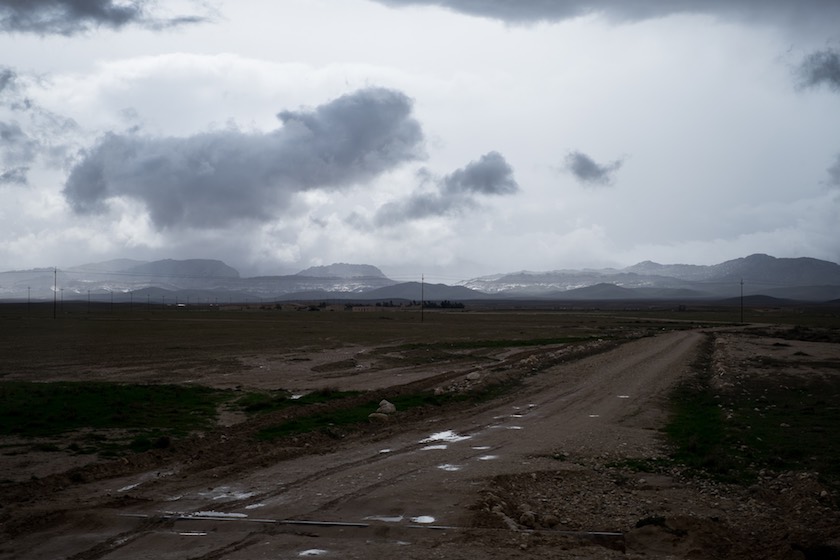
We arrive after the rains stop, clouds blanketing the whole area. Sinjar Mountain is barely visible, despite being only a short drive from the chicken barn.
Just getting to the region felt like a win, given how tight security can be along the way. Sinjar is still heavily contested, and the front-line fighting can be fierce. After passing the final checkpoint, we cruised down a highway, Syria just a few meters to our right and Sinjar Mountain off to our left.
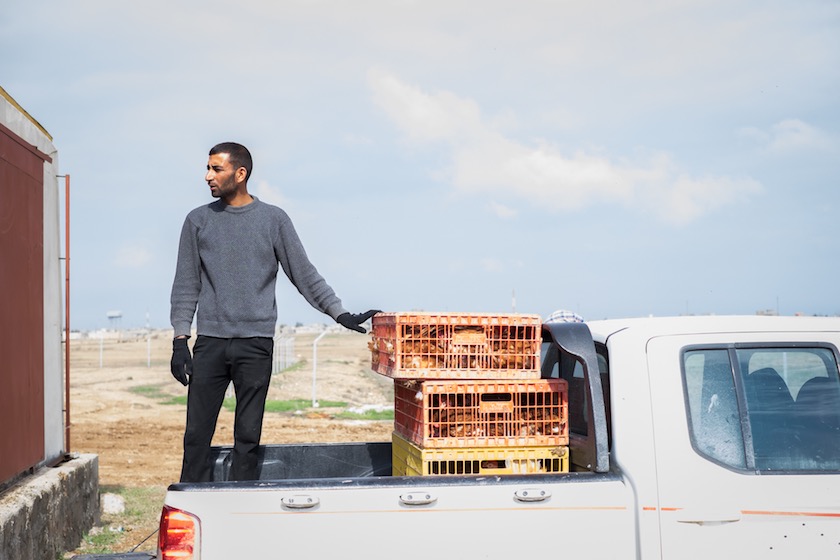
We catch up to the delivery trucks as the first birds are being handed out.
“Five chickens per family. Tell your friends.”
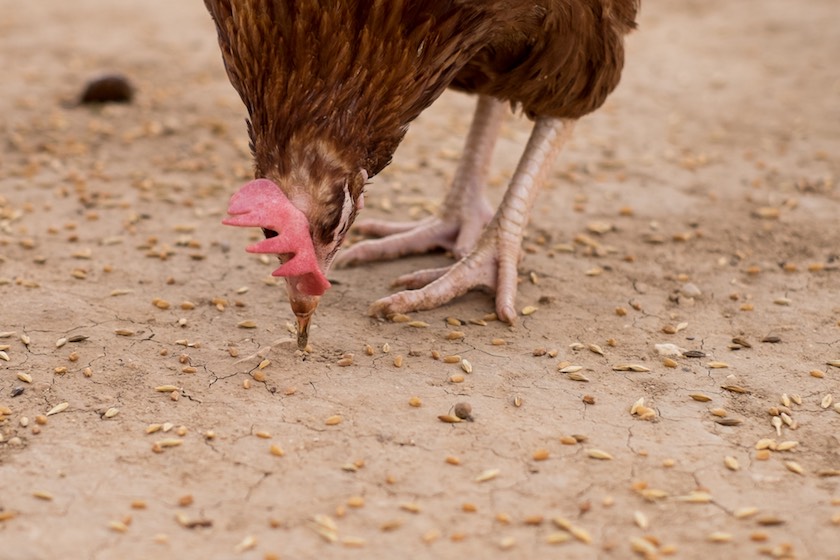
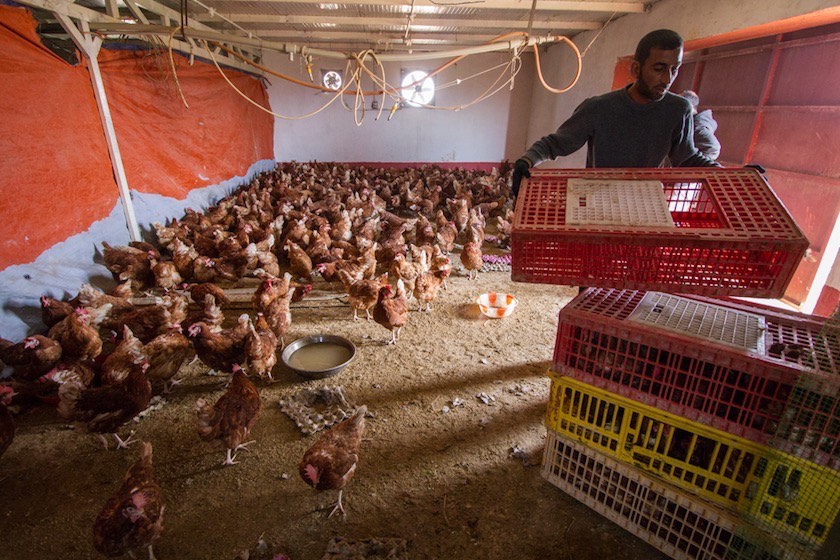
Farmers are delighted. In an agrarian society like Sinjar, people know how useful healthy, egg-laying chickens can be, and they know how to care for them.
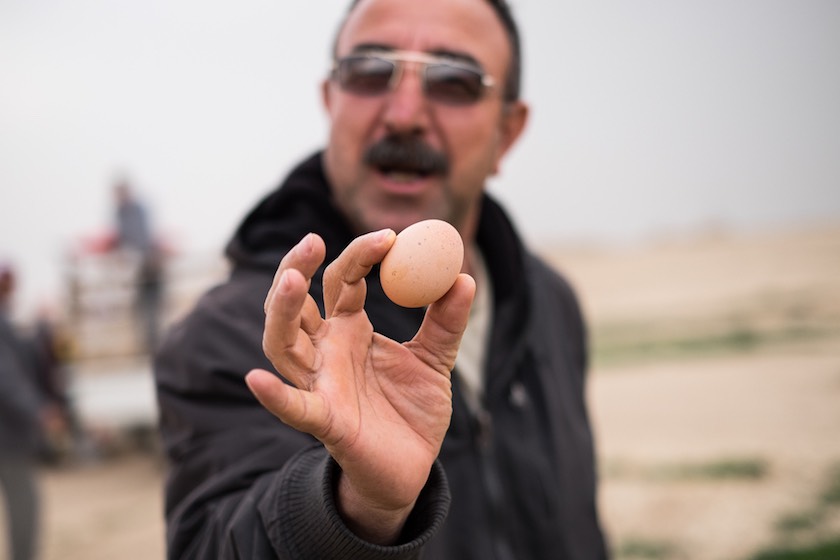
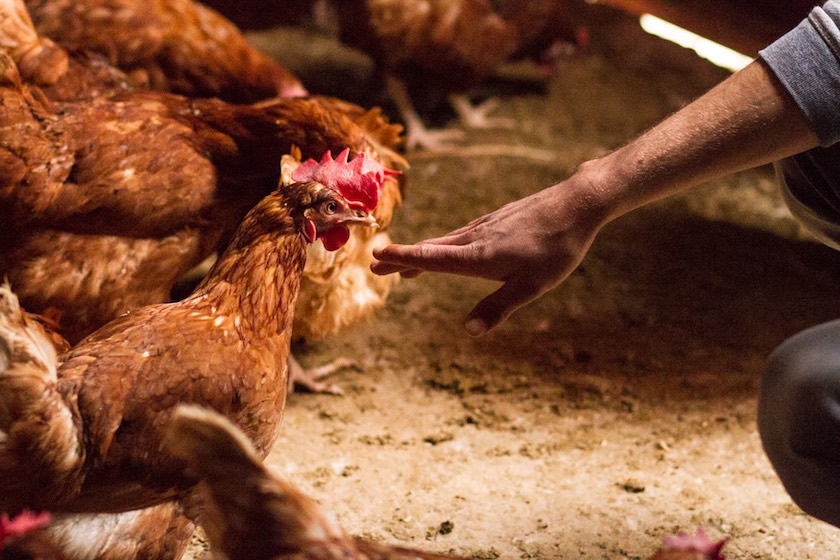
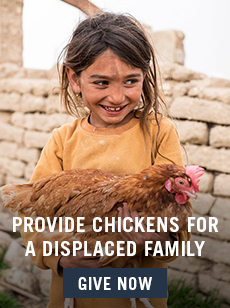
Deliveries continue over several days. The rain makes some villages and homes difficult to reach, but we push through—which sometimes meant literally pushing trucks full of chickens through the slop.
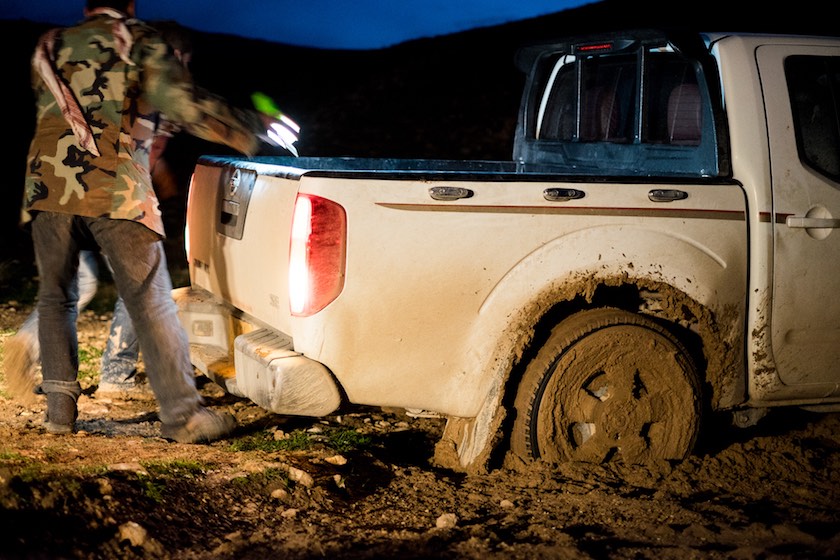
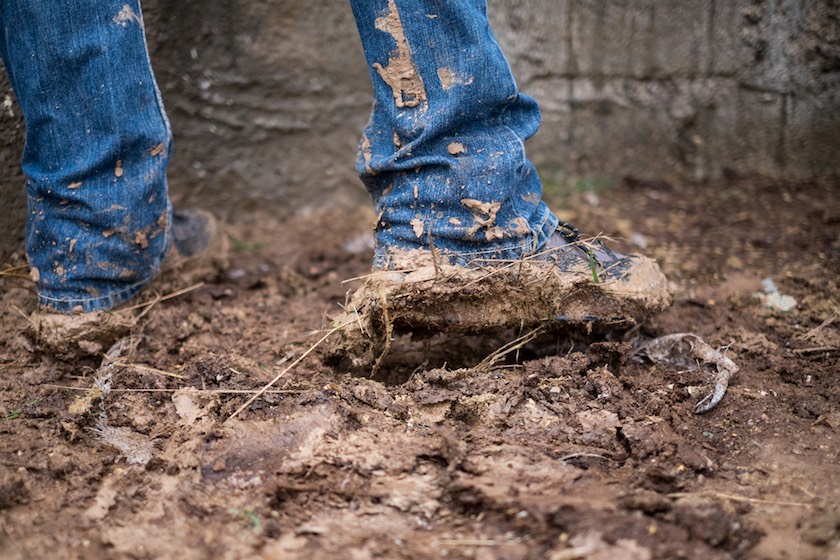
Families are delighted to see us. They tell our local partners things like, “You came back! People don’t usually come back.” or “How did you even find us? Many locals don’t even know we’re here.”
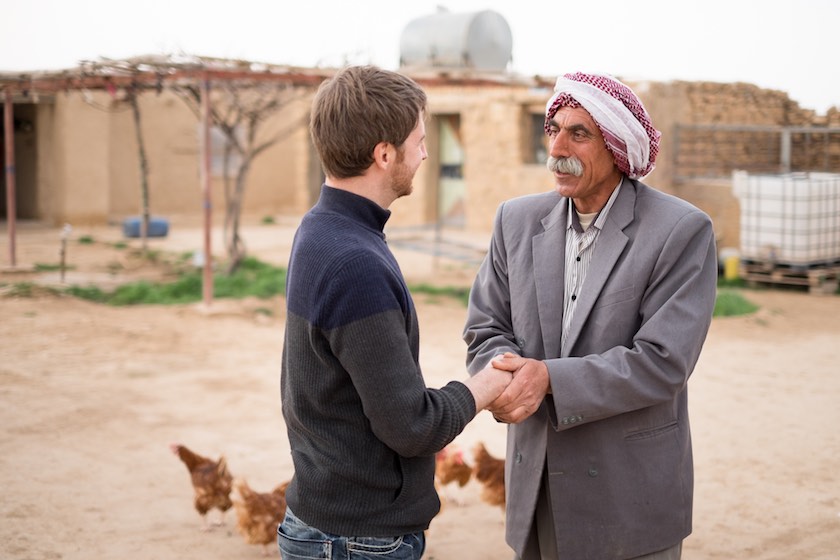
Local responses like these are a testament to the passion and dedication of our partners, Yazda, whose staff facilitated the chicken delivery and are running several other great programs to help rebuild Sinjar and serve Yazidis, a generally underserved minority.
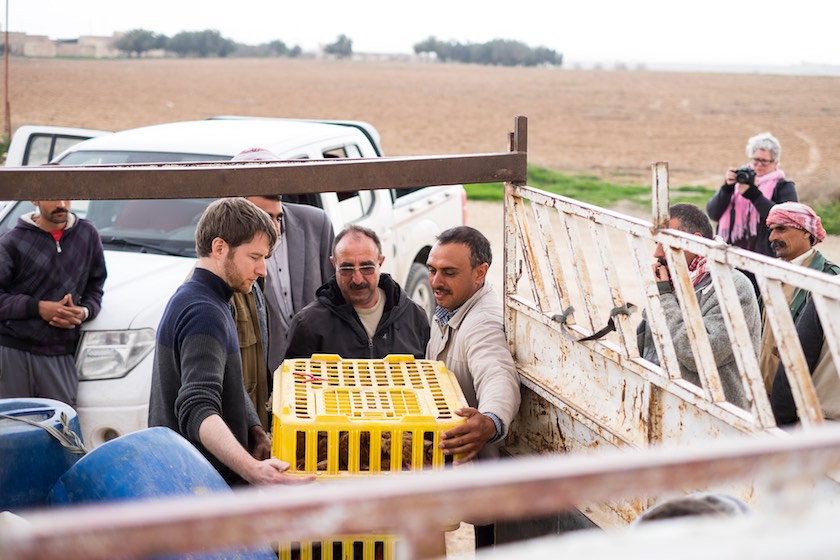
At night, after everyone is tired and ready to be as far as possible from chicken poop and mud, we relax in a local man’s house. It’s bizarre, being in this man’s beautiful home. The owner is almost never here. He spends most of his time living in a tent in a refugee camp, and he refuses to move back to his real home in Sinjar until a school has reopened.
The camp is muddy and miserable, but at least it has a school. So the man and his family stay—he is that committed to education for his children.
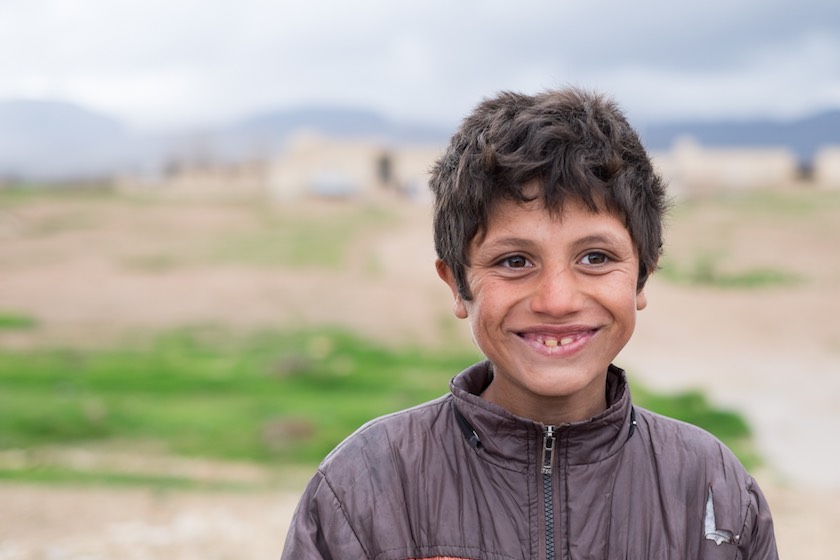
Towns in the area are eery, especially at night. A city once populated by 30,000 people now holds 30 families. Ghost towns. Our hosts permits us to walk around the neighborhood, as long as we don’t enter any homes.: “ISIS left traps in many houses before they left,” we are told.
Each time we deliver chickens, the locals share about their other needs. A generator to power tools and homes. Seeds and fertilizer.
The most common request: help reopening schools.
There are many things parents will sacrifice to go home and rebuild, but an education for their children is not one of them. They’ll stay in muddy, drafty tents, if it means school for their kids.
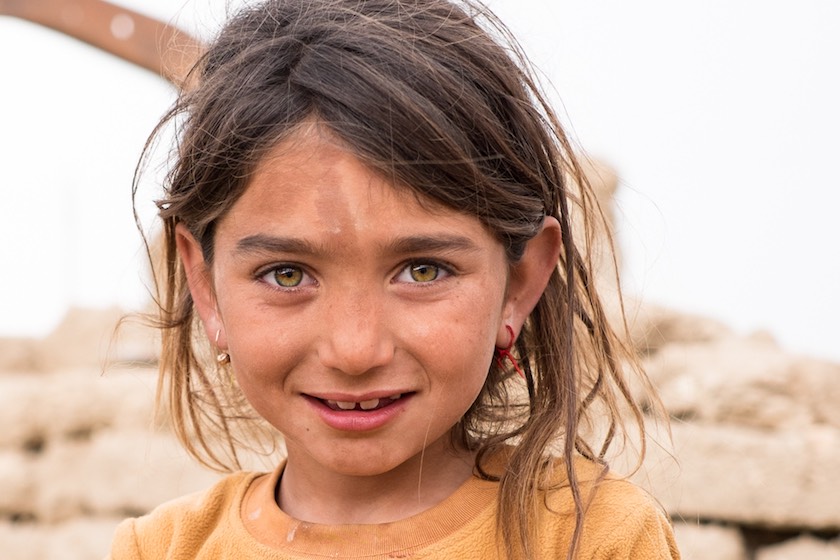
As the world argues over what to do about the huge numbers of refugees pouring into Europe—thousands of whom are from Sinjar—you are at the headwaters of this crisis, making sure families have what they need to go home.
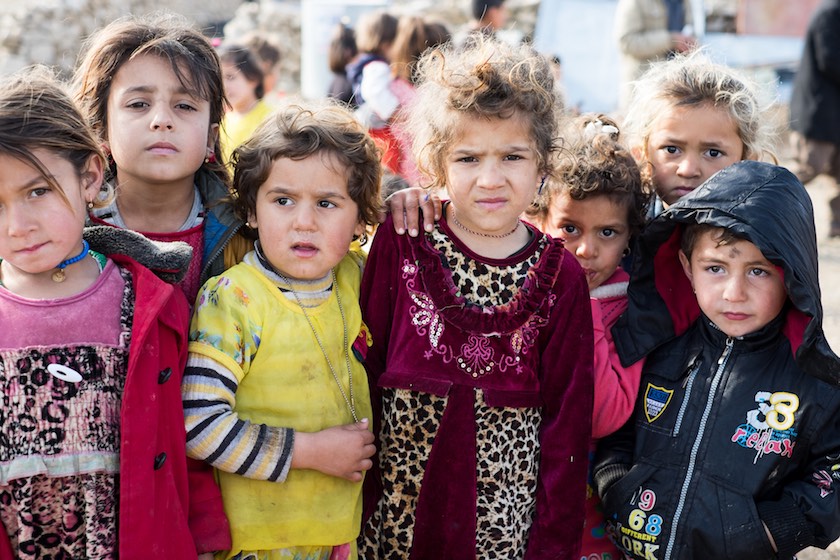
Friends, this is reverse migration. It’s the win-win option we need, and it’s the best way to make Syria and Iraq great again.
If you have a loved one who is opposed to refugees moving in, fine—share this story with them! Encourage them to support front-line, restorative work that allows refugees to live well in their home country.
And to all who are giving toward this work, thank you! You are offering families something they haven’t had in a long time: hope that things CAN get better, and that there are people who will stand with them as they get to back on their feet.
Support displaced families as they return home after ISIS. Donate today!

